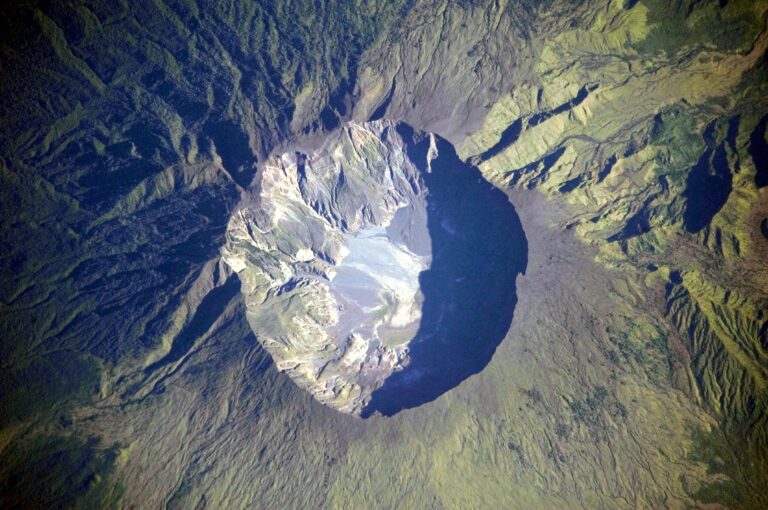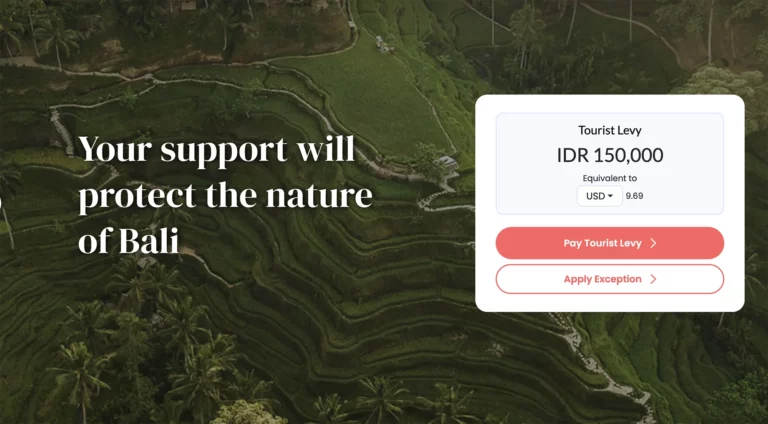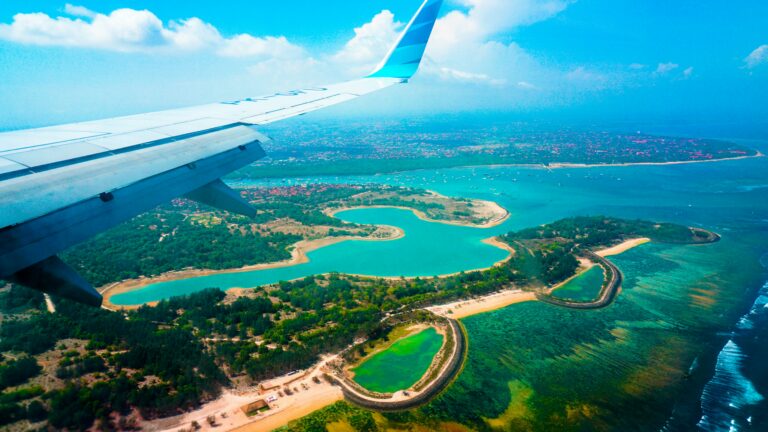Over 50% of the world’s coral reefs have died in the last 30 years. Human factors, including overfishing, tourism, pollution and climate change threaten corals. Be a sustainable travel and go for a reef-friendly sun protection to have less impact on coral reefs!
Corals are home to more than 25% of all marine life, even though they cover less than 1% of the oceans. They provide food for fish, in turn, provide food for humans. Moreover, they generate half of the earth’s oxygen, absorb nearly one-third of the carbon dioxide and help to filter and improve the quality of seawater.
Indeed, the sun protection we apply does not stay on our skin. When we swim or shower, sun protection washes off and enters the waterways. Therefore, wearing reef-friendly sun protection is essential not to harm the corals, especially on a snorkeling or diving trip!
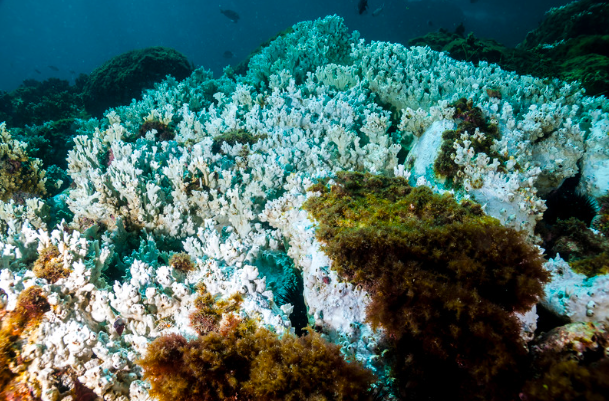
Two types of sun protection: sunscreen vs. sunblock
Sunblock – Physical blockage of UVA & UVB
Sunblocks are made of zinc oxide, titanium dioxide, or both. They work by sitting on top of your skin acting as a shield from the sun. Zinc-based sunblocks provide better UVA blockage than titanium-based sunblocks. Natural sunblocks create a physical barrier down the harmful rays and do not release chemicals into the ocean. However, be wary of nano-zinc sunblocks as nano zinc particles are super small they get inside corals. Go for a natural non-nano zinc-based sunblock, it’s better for you and the planet!
Sunscreen – UVA & UVB absorption
Carbon-based chemical sunscreens are harmful to marine life. How do they protect your skin? Oxybenzone, butylparaben, octinoxate and 4MBC absorb harmful sun rays. However, these ingredients are partly responsible for coral bleaching. They kill the symbiotic algae of the coral that provides them with food and colour.
Tips for Choosing Reef-Friendly Sun Protection:
- Look at the label and the ingredients – Look for natural, ethically-sourced and reef-friendly ingredients. Even if the packaging says ‘reef friendly’ always remember to take a look at the label. Be wary of misleading marketing!
- Go for plastic free packaging – Go for aluminium packaging instead as it is highly recyclable and good for keeping sun protection cool and shaded.
- Support local brands – Get involved and positively impact the community by buying local sun protection that are committed to sustainability and environmental causes.
To help you make your choice, we’ve put together a selection of reef-friendly sun protection made in Bali.
Made In Bali & Reef-Friendly Sun Protections
Bali Balance
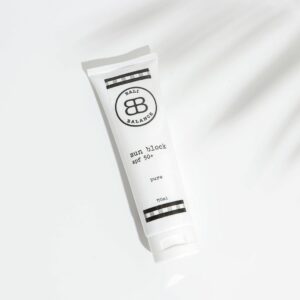
Bali Balance presents a comprehensive range of natural products, harnessing the power of superior Balinese plants. They proudly collaborate with local Balinese communities in crafting their offerings and strictly refrain from any animal testing or chemical usage in their production process.
The SUNBLOCK SPF 50+ PURE provides gentle and natural skin protection. Formulated with zinc to effectively block out UVA & UVB rays, it also features raw coconut oil sourced from Tabanan, vitamin E, and Balinese aloe vera extract, ensuring a nourishing and protective experience for your skin.
Where to buy: here
Good Times
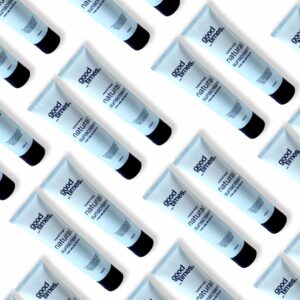
Good Times is a Bali-based provider of eco-conscious, upcycled, and vegan lifestyle supplies that prioritize ocean-friendly practices. Their products are carefully crafted in small batches and regularly updated, featuring locally sourced, eco-friendly ingredients.
Among their latest offerings is the Natural Sunscreen, which is reef-friendly, non-nano, and contains 25% zinc. This paradise-scented sunscreen provides water resistance for up to 4 hours and is composed of 100% friendly ingredients, making it ideal for enjoying sun-soaked days with friends, whether you’re surfing or simply basking in the sun.
Where to buy: here
Want to learn more about how to protect our oceans? Take a look at our 5 Tips to Protect Our Oceans

